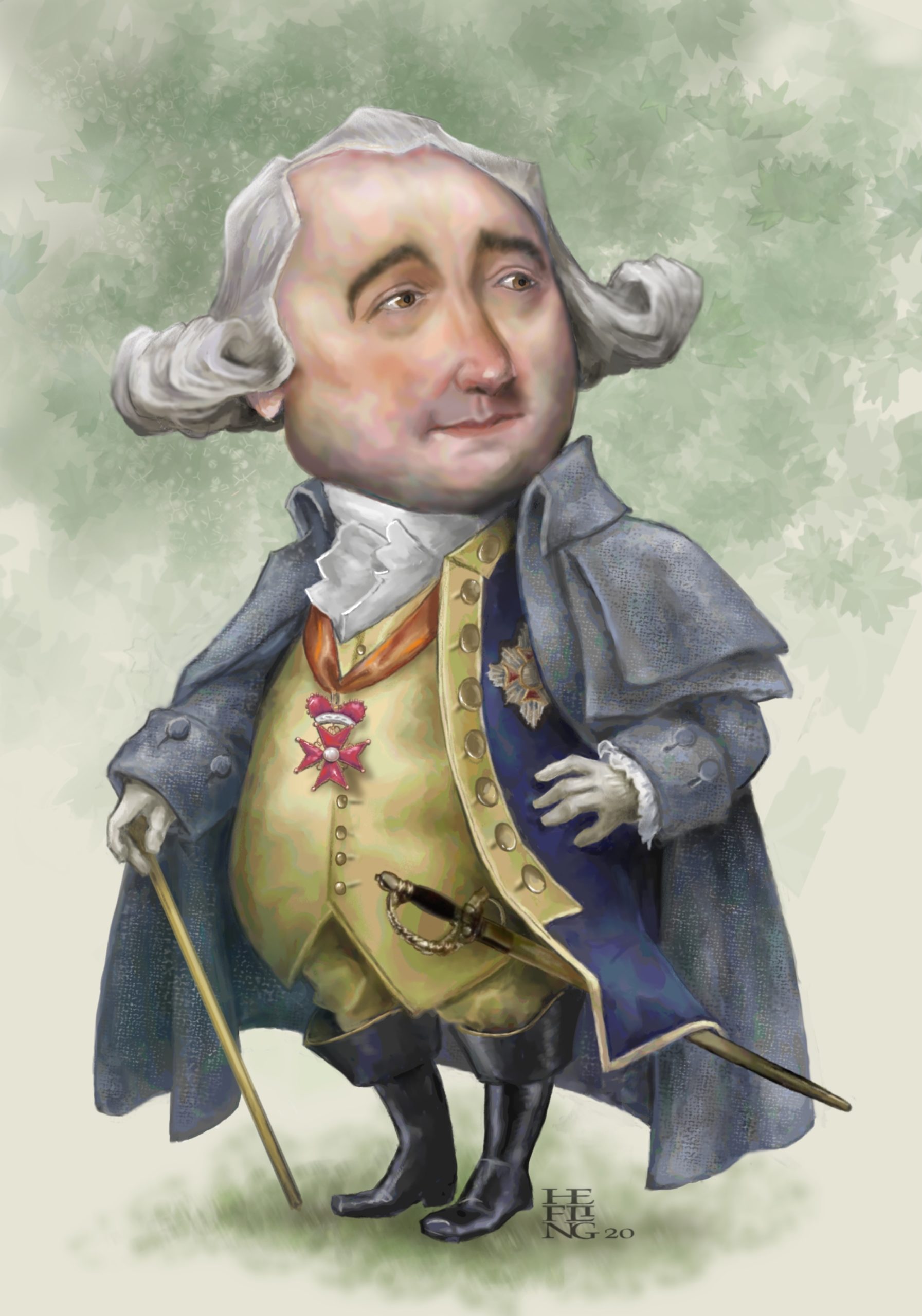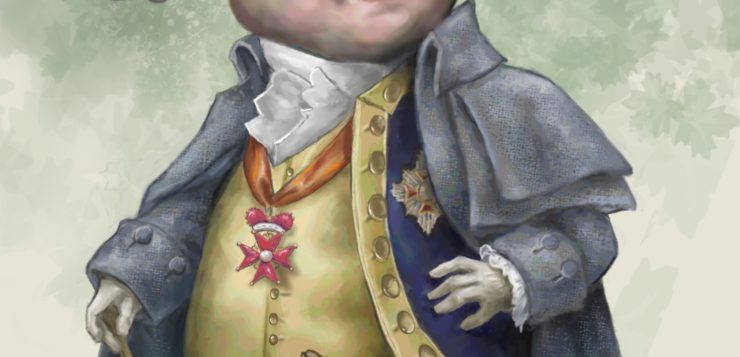BARON VON STEUBEN was a Prussian military officer who arrived in America during the darkest hour of the Revolutionary War to train George Washington’s bedraggled troops at Valley Forge, Pennsylvania. Throughout the bitter winter of 1777–78, the Continental Army thrived under Steuben’s influence, and by the time it mobilized in the spring to resume the war, it had been molded into a powerful force, its morale restored. The Continentals fought the British to a draw at the Battle of Monmouth (New Jersey) and then went on to win a succession of victories.
Many historians consider Steuben to be one of the indispensable heroes of the American Revolution. His ideas and techniques remained U.S. military orthodoxy for decades after his tour of duty. Nonetheless, because American revolutionary mythology cannot assimilate the dual anomalies of foreignness and gayness, most Americans have never heard of him. It is a suitable moment to reassess Steuben and give him the historical prominence he deserves.
Baron Friedrich Wilhelm Steuben joined the Prussian army when he was seventeen, eventually becoming an aide-de-camp to Frederick the Great, who was also rumored to have had homosexual leanings. (The conversation of Frederick’s inner court circle was peppered with homoerotic banter, and his residence included a Friendship Temple celebrating the homoerotic attachments of Greek antiquity). Discharged under a cloud, hounded by accusations of having relations with young men, Steuben, by now a chancellor to an indebted prince, began to look around for more lucrative employment in foreign armies. In the summer of 1777, with his funds dwindling, his search for work took him to Paris. There the French minister of war introduced him to Benjamin Franklin, who was seeking experienced military officers for the war with the English.
Perhaps realizing that his future in Europe was finished, Steuben accepted Franklin’s offer to come to America. Franklin in turn passed on word of Steuben’s availability to George Washington. Around this time, Steuben had found a new young male acquaintance in Paris. This was a certain Pierre-Étienne Du Ponceau, an exceptional linguist who had been living on his own, teaching Latin and doing freelance translation work. The youth, who had just turned seventeen around the time of their first meeting, became Steuben’s interpreter, live-in personal secretary, and, quite possibly, his lover.









Discussion1 Comment
Baron von Steuben is viewed as the father of the Inspector General (IG) corps. As a trained IG, I find it interesting that we were often tasked to investigate allegations of “homosexuality.” Personally, I only found gays who were already caught by the system. I would ask the person I was sent to investigate if he/she wanted to get out of the military. If they did not, I coached the person on how to keep from being caught again. I provided a path and coached behaviors to help some get out without stigma. I concealed my own status as transgender because I was only asked about being a “homosexual” when I took regular Lie Detector Tests, which my clearances required.
Please do not use my name because when I helped others it was still against regulations.